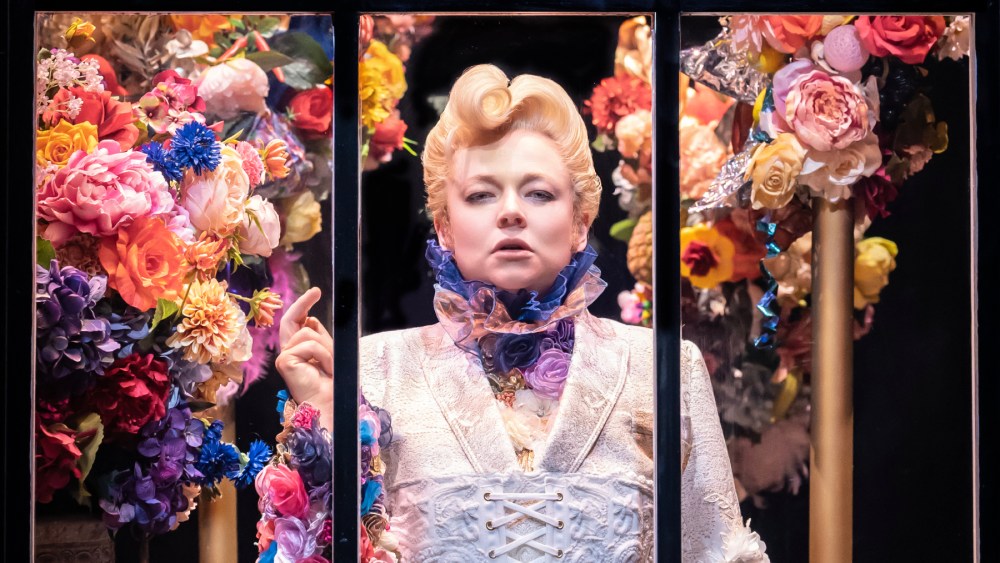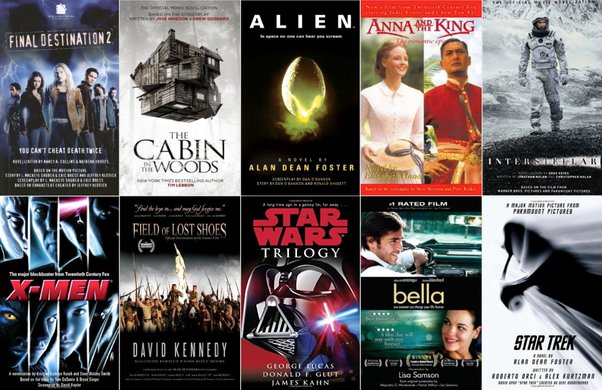Oscar Wilde’s infamous AntiHaro Dorian Gray may have loved a barrage of cameras, reflecting his grand view. What is it really Kip Williams‘Tech-Havi New Broadway Produces with Sara Snuke (“Succession”) is starring in all roles and surrounded by a team of camera operators. However, despite some fancy camera work and close-up, this production is only skin-deepened. Wild himself was an efficono of the Artifice, which makes the irony more painful here, as this production cannot find any depth in its surfaces.
,Dorian gray photo, – Played to praise a lot in London Last year -Nearly integrates the video, often appears on the screen in both Simulcasts with Snow and in pre-ridden bits as other characters. Although technology is a ubiquitous part of this production, this piece has practically nothing. Tell Regarding this, apart from accepting its existence, the technology is related to pride, and a front-faceing selfie camera is like a mirror. These basic views, away from the revelation, never get closer to the trench critics of Headonism in the 1891 novel of Wilde.
It is a rare revival that is worse for people familiar with source materials, who are bound to be disappointed. Williams seems to have fundamentally misunderstood the novel, or at least only a thin understanding. While the plot has a common sense of loyalty, the final product seems to be wildly different from the original because the production is played as a comprehensive comedy. Various symptoms of Snow, especially his minor characters, are so caricated that they are heroes in the British Panto. Performing all over the snow ham, wildex and epigram to slapstick for laughter. The tone is well installed, but the novel is nowhere; Instead of a gothic, bad dreams, Williams and Snook consider it as a frolic, satirical Rome.
To find out that it is actually a losing battle when it is produced. At one point, the Dorian begins to use an iPhone, starts facing a selfie and applies the snapchat filter as a stand-in for the infamous picture, which the Dorian itself remains young. It is unclear that it is for the iPhone to be dysetic, as the production appears to be set (like a novel) otherwise at the end of the nineteenth century. Later, however, two pre-ridden videos have characters using iPhones; Perhaps this is an exaggerated version of jump at the time of the story, yet it is not clear why the characters are still in Victorian clothing.
It is an opportunity not to set this production in a modern day, which can allow it to make more fine digits about social media and gender, sexuality, aging, self-image, body dismorphia and its relationship for the glory of youth and beauty.
The costume design (by the route horror) takes a eccentric approach to the period, but eventually gets gorgeous and confused, with the end of the dorian that can only be described as a bad alvis drag. This look is at the top with a moving pompadore, one of the many hidden wigs of production. The most arrogant is that the Wig Snuk wears as a dorian for the first half of the drama, a curly, blonde, clown MOP. This is completely wrong for the character, styling Dorians in a petulant karub instead of a drop-dad gorgeous, swagging sex symbol. It is to be in the conception of the wild.
Regardless of the direction, any adaptation wants to take a story, It is important that the audience is attracted to the Dorian: they must have an undisputed sexual magnetism. In Snuk’s Dorian, however, there is no sex appeal, and sexual stress between Dorians, Basil and Henry – the main triangular relationship of the text – is almost completely completely eliminated. Very base of “Dorian Gray’s Photo” The beauty of the dooron is; He is an example of a Victorian Twinks, after which everyone lusts. Snook’s Dorian is not an aesthetic ideal – he is a joke, as a giddy, as he takes a selfie to shine a peace signal.
The entire drama pronounces the pronunciation of Snow – Joe, for its credit, to make different voices for a wide array of characters – does the show not do no favor. His Dorian looks like a British child in an SNL skit; His “storyteller” is a part of a stuffed English voice; Her basil has an unstable stuttering; And his modest characters have such exaggerated vocal divines, it appears that only inspiration was to achieve laughter.
Snow work here is not easy in any way. However, in dealing with this, she levels most characters in fuzzy, unable to catch their complications. The wide arc she makes for the Dorian does not work perfectly, as Dorian means to be externally unchanged. Her performance makes the audience laugh, but she does not inspire introspection or does not express any deep subjects of the piece – instead chooses for physical and vocal gymnastics, playing applause after each bit.
In a stunning step, the change in the text and the deletion has made it “Dorian Gray” Very few queues compared to its source material. A member of an uninterrupted audience can also leave the drama without understanding that Tulsi, Henry and Dorians themselves are all queues. It is all left that there is a single expression speech of some gossip and listing some tragedies around the Dorian, mourning, “Why is your friendship so deadly for young men?”
Seriously, when the novel was published, it was clearly seen as “The Picture of Dorian Gray”. The Oscar was used as a proof of his homosexuality and immorality and deformity during Wilde’s test. Just as the novel of Wilde was censored by its original editor, the play removes some of the most clearly queuing routes in which Basil Acceptions, “It is quite true that I have worshiped you more romance than giving you a man anytime.”
Similarly, Williams have made some suspected creative options, when it comes to the representation of a non-recital representation of production. As the Dorian goes to a “Odyssey of the senses”, Donna Summer’s “Eye Feel Love” plays. The song, the first disco hit and an indelible gay anthem, here looks like a pandering clich.
Later, the Dorian seizes an opium den, which Williams turn into a modern-day nightclub, smoking a gay character from techno, strobe lights and a crystal meth pipe. While an argument for historical parallel is to be given, the fact that the only clear representation of the contemporary queue does not speak well for the sexual politics of Meth’s addiction production.
A major aspect of the novel is a discovery of manhood in the queue at the end of the nineteenth century, a period in which the rise of dandy fashion and beauty was seen. This complex Nexus is included in the universal concept of pride here. The production is away from both queues and masculinity, as depicted in the casting of Snow.
Another moment of illustration occurs when in the novel, Basil accepts his love for Dorian and Dorian shows him a picture, then kills him-a scene that can be read as a gay-pan-dance murder. Here the declaration of Basil’s love declaration is cut and the stab of the dorian turns into a comedy because he finds in the mirror, and later Snook “Grand” from a lip-link dance number (with camera operator backup dancers) Apple treeComplete with the song “This is an avalanche of beauty in a woman and I am it” and the Dorian is throwing the Confament. These are such options that highlight how far the production deviates from the novel, and how low this production is, it cares about the queue or masculinity.
A large part of the show has pre-ridden snipites of Snuk as various characters, although the actress never leaves the stage, it is difficult to feel a little deception. Finally, we come to the theater stay Display. While there is a great deal of simulacasting, the use of technology is more contained here in pre-ridden materials, which helps all roles solve the logical puzzle of sniff. This is a very big issue: this production fails to justify or explain why it is a person show or what is obtained from this option.
In its core, if the production does not use its technology for commentary and is interrupted instead of strengthening by its single-actress format, what is left? The very base of production is a gimmick, a way to show an actor and the audience has to dazzle with some tricks. This is an empty spectacle, however, and it is not clear whether – if anything – production is trying to say other than that pride. Wild himself wrote that we should not go to things good and bad, but attractive and tedious; This production is square with the latter.



